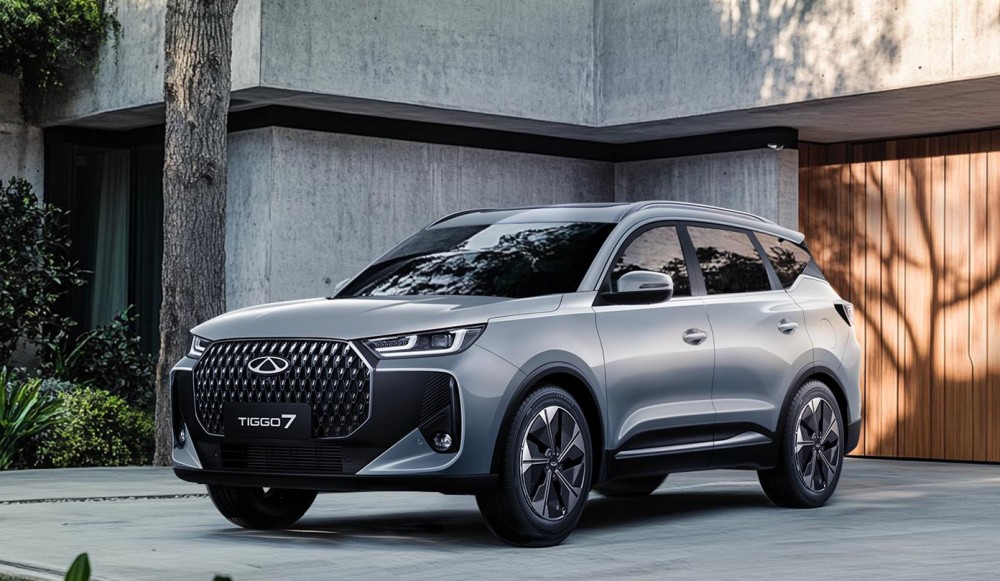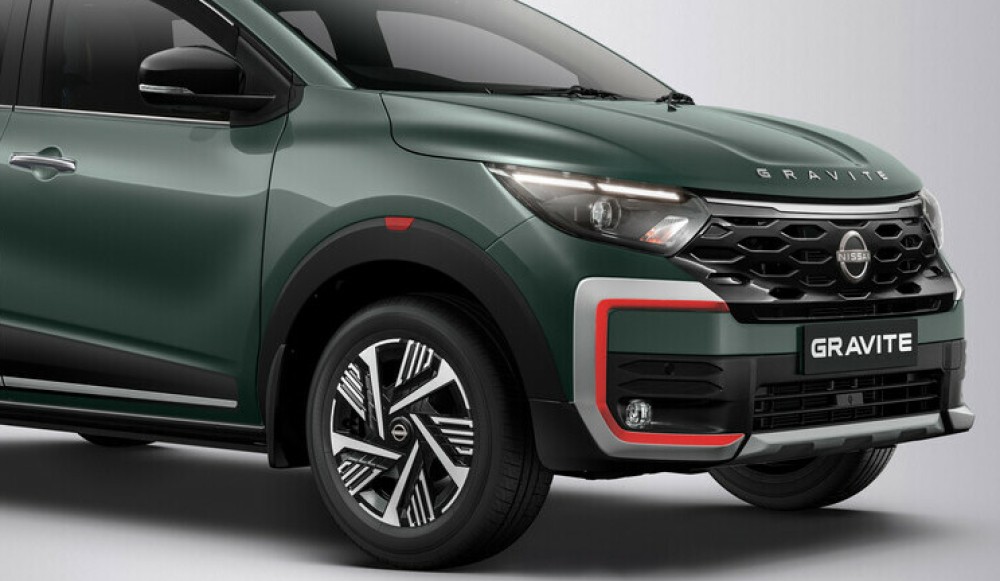South Africa’s automotive sector, a cornerstone of its manufacturing economy, faces an existential threat as the potential loss of the African Growth and Opportunity Act (AGOA) looms. This US trade initiative, which grants qualifying African nations duty-free access to American markets, has been a lifeline for South Africa’s auto and parts manufacturers. Its withdrawal would not only destabilise a key industry but also send shockwaves through an already fragile economy.
The automotive sector contributes 6% to South Africa’s GDP and supports approximately 120 000 direct jobs, with hundreds of thousands more reliant on its sprawling supply chains. Global giants such as BMW, Ford, Toyota and Mercedes-Benz have invested heavily in local production, drawn by competitive labour costs and, crucially, preferential access to the US under AGOA.

For the very best in pre-owned cars, bakkies and bikes - click here
In 2022, vehicle exports to the US accounted for nearly 10% of South Africa’s total automotive exports, a figure underpinned by tariff exemptions. Without AGOA, these exports would face tariffs of up to 25%, rendering them prohibitively expensive in a price-sensitive market.
The immediate effect of tariffs would be a sharp decline in demand. South African manufacturers, already grappling with energy shortages and logistical inefficiencies, would struggle to absorb additional costs.
Competing nations like Morocco, which retains AGOA benefits and boasts lower production expenses, could swiftly capitalise, diverting investment and contracts away from South Africa. The consequences would ripple through the ecosystem: component suppliers, many of which are small-to-medium enterprises, face collapse, while job losses would exacerbate the country’s 32% unemployment rate.

Don’t stress we have you covered – click here for a great insurance deal
AGOA’s suspension would signal political and economic uncertainty, deterring future investment. Automakers prioritise stability and market access when selecting production hubs. Should South Africa lose its preferential status, manufacturers may relocate to AGOA-compliant countries or regions with stronger trade ties to the US, such as Mexico. Recent threats from industry leaders to halt expansion plans in South Africa underscore this risk. The long-term erosion of the sector’s capacity would stifle innovation and diminish its global standing.
The threat to AGOA stems not from economic failures but geopolitical friction. South Africa’s perceived alignment with Russia, including military exercises and ambiguous rhetoric on Ukraine, has strained relations with Washington. While diplomatic recalibration could salvage AGOA, the clock is ticking. The government must weigh its foreign policy choices against the livelihoods of thousands.

If it is something more Exotic you are after – click here
To avert crisis, South Africa must urgently engage the US in dialogue, reaffirming commitments to mutual trade interests. Simultaneously, diversifying export markets — such as the EU and African Continental Free Trade Agreement (AfCFTA) signatories — could cushion the blow. However, these markets cannot immediately replace the scale of US demand. Strengthening regional supply chains and incentivising local vehicle adoption may offer interim relief.
Losing AGOA would be a devastating, self-inflicted wound for South Africa’s automotive industry. The government must act decisively to preserve this vital agreement, recognising that the stakes extend far beyond trade statistics to the very fabric of the nation’s industrial future. In a world increasingly defined by protectionism, South Africa cannot afford to alienate critical partners. The road ahead demands pragmatism, not brinkmanship.
Colin Windell for Colin-on-Cars in association with
proudly ALL THINGS MOTORING








